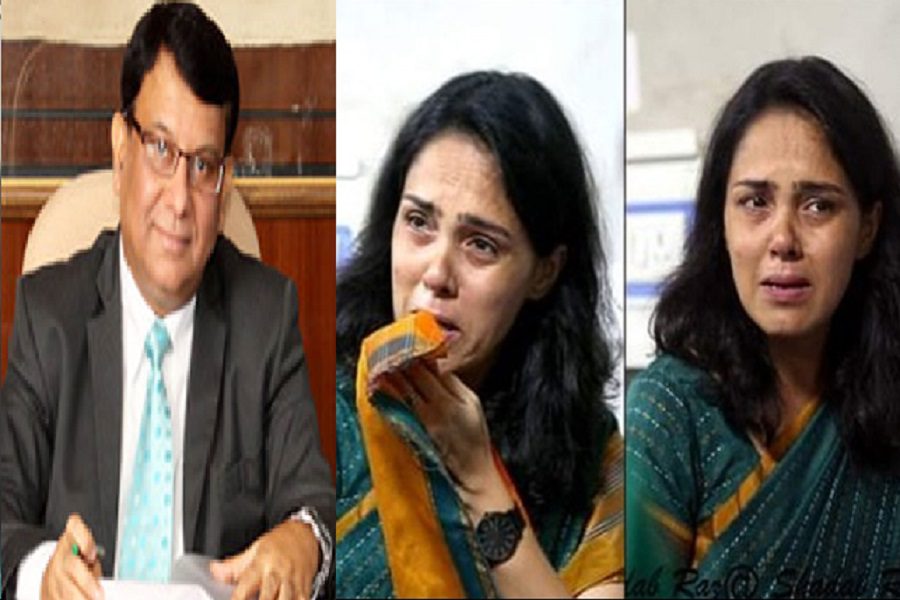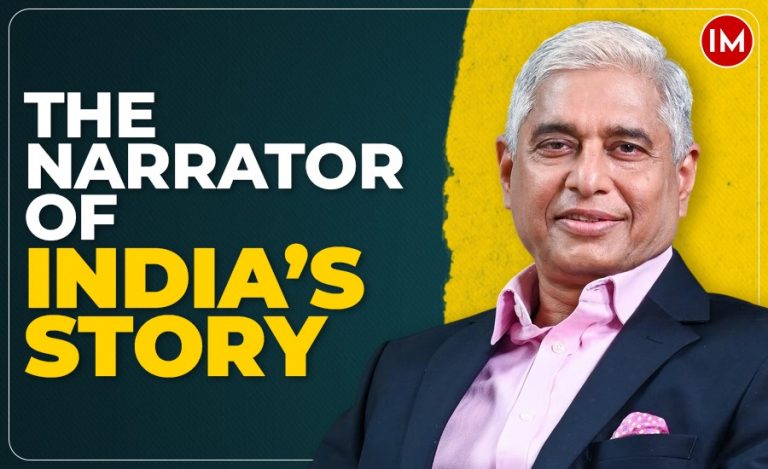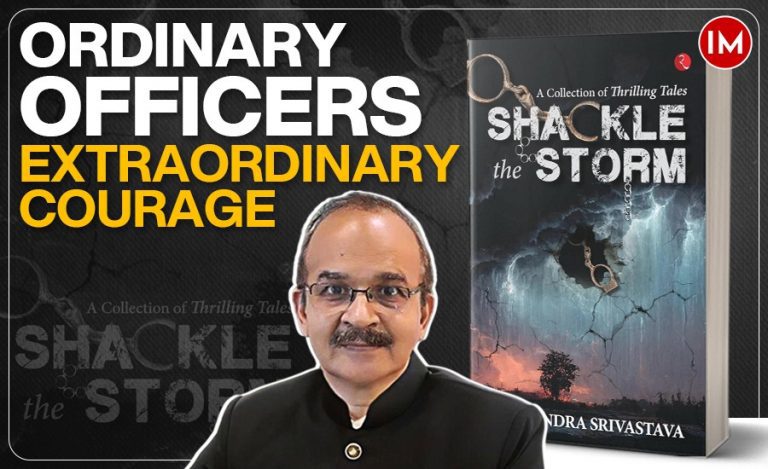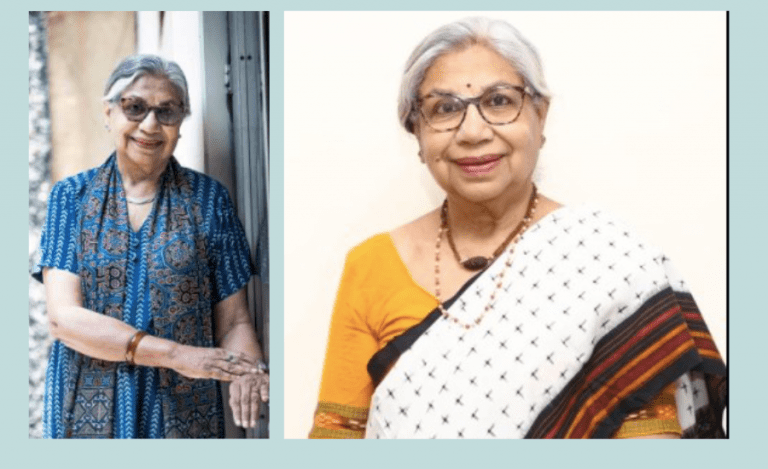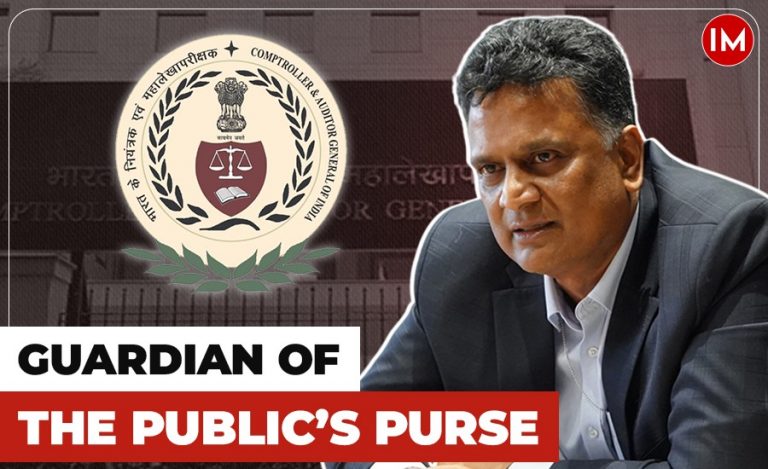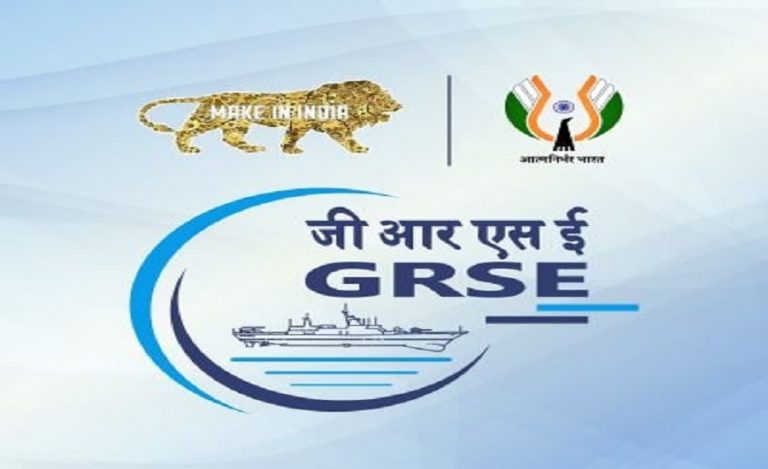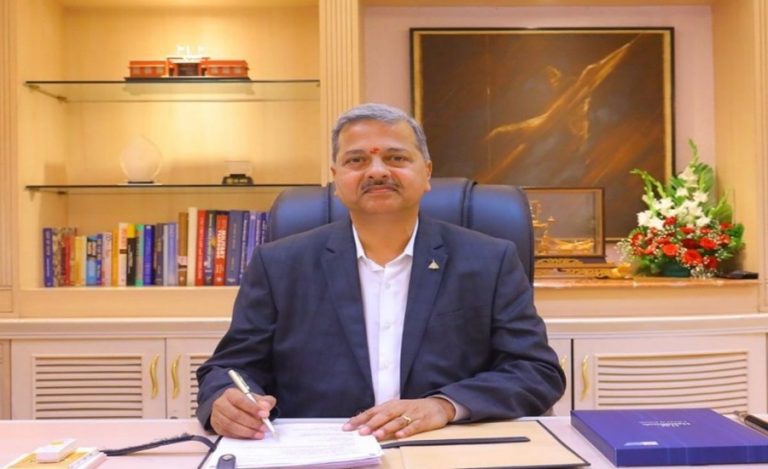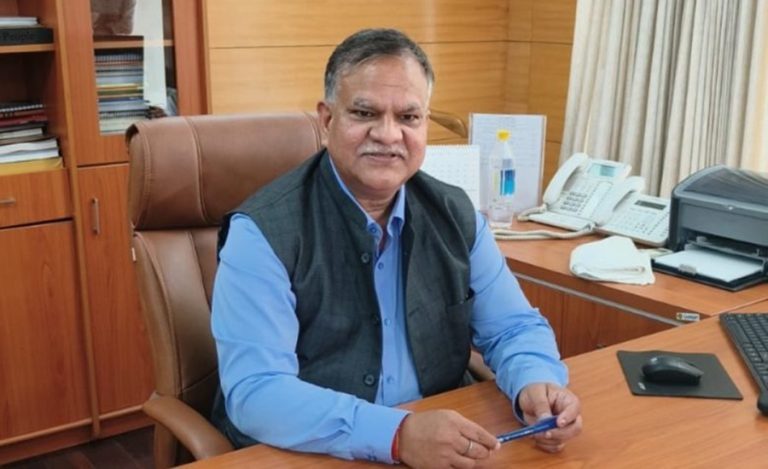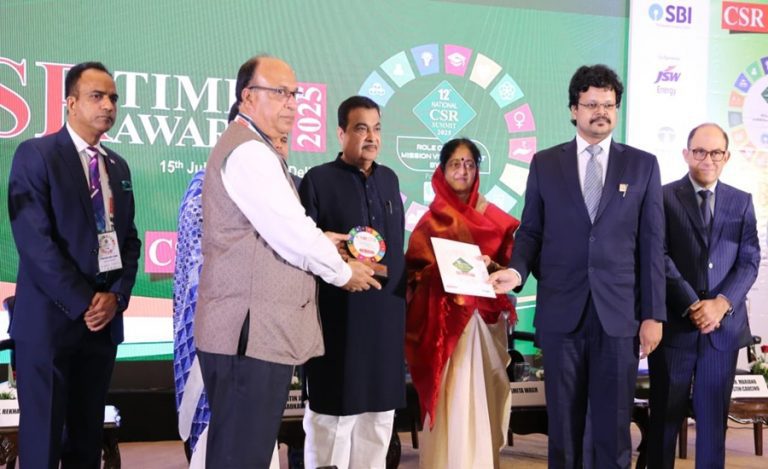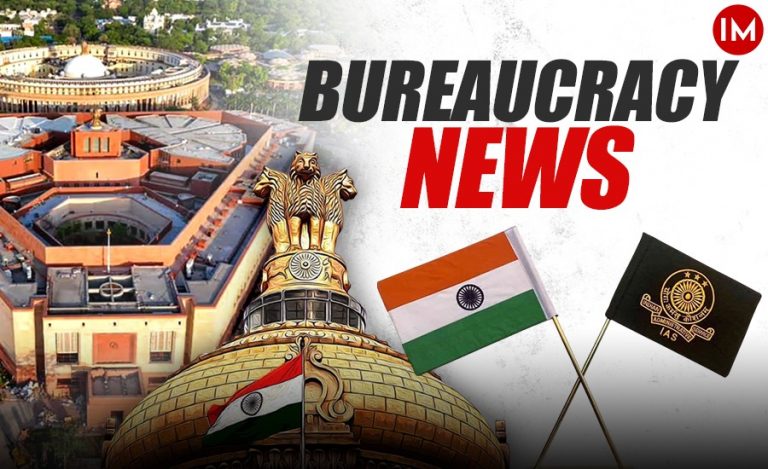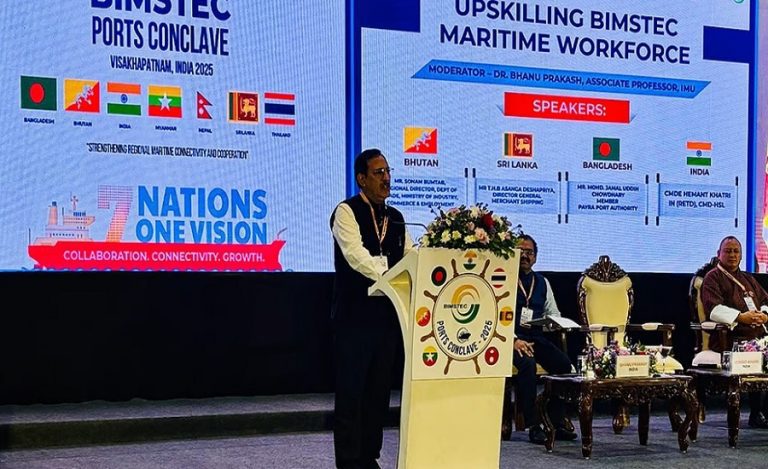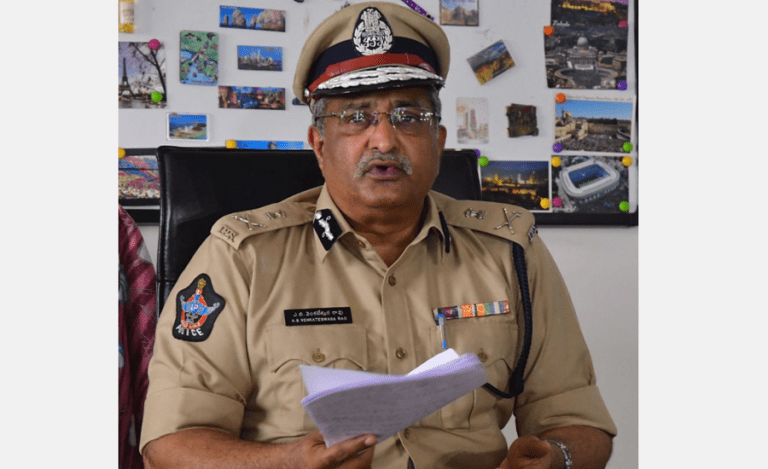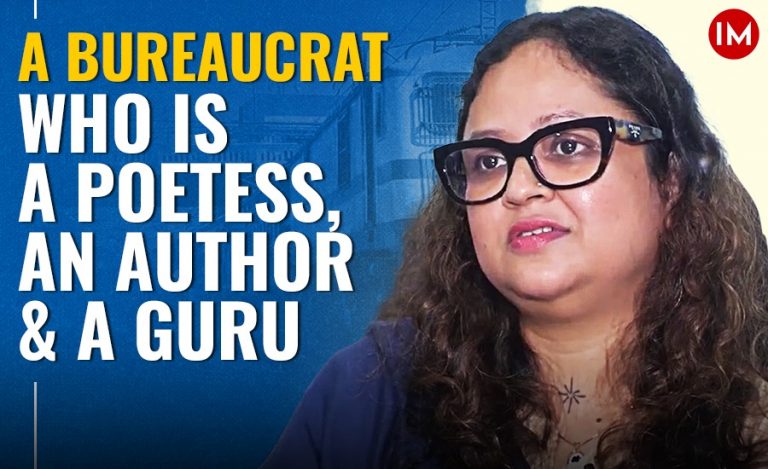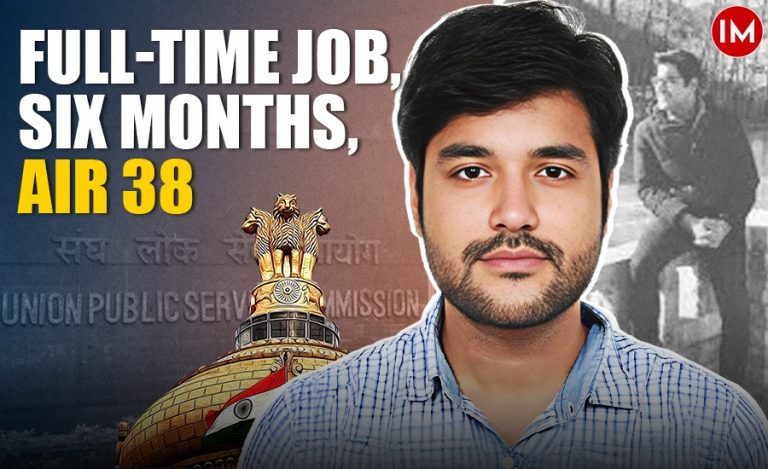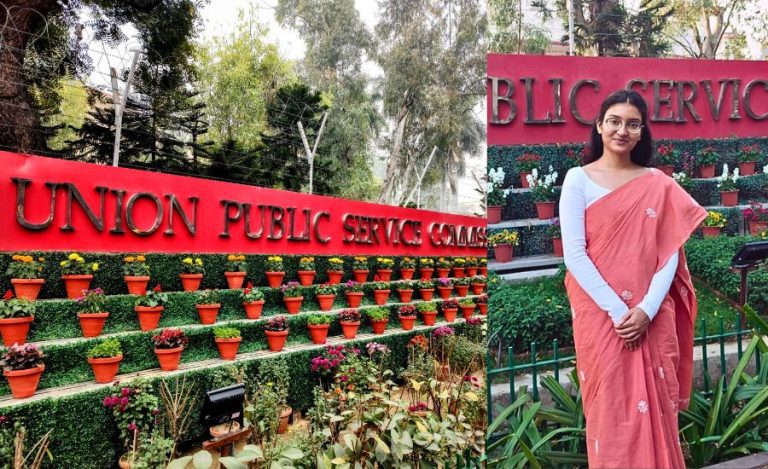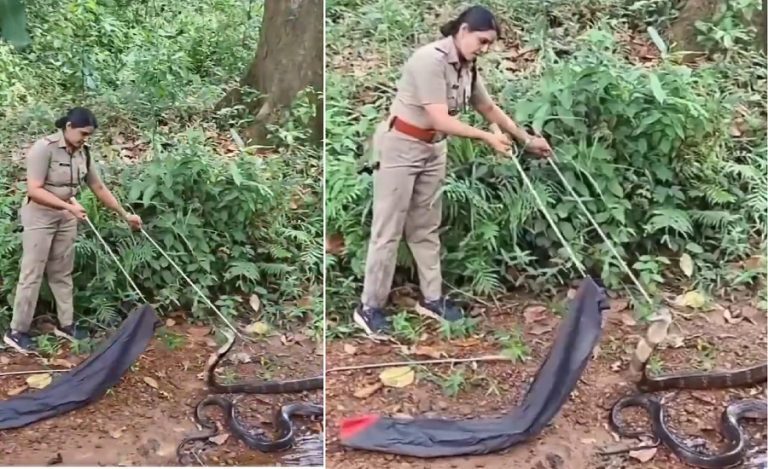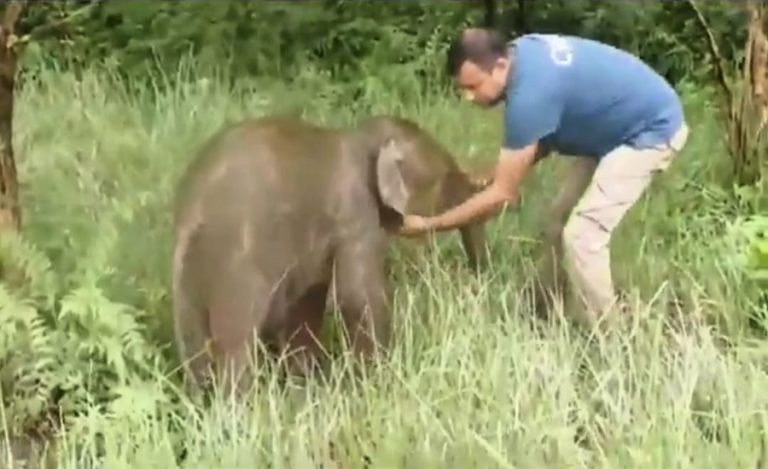Retired IAS officer of 1982-batch and Uttar Pradesh cadre, Mr. Rohit Nandan, took to social media to vent his feelings on two recent incidents that caught the netizens’ attention and sparked debates as well. Both the incidents involved two lady IAS officers: Ms. Roshan Jacob and Ms. Harjot Kaur. While the former was in news for tearing up seeing a small boy’s condition in a hospital in UP, the latter was in news for her replies to a school girl on the topic of subsidised sanitary napkins for young girls in the state of Bihar. While netizens were mostly full of praise for Ms. Jacob’s’ spontaenous empathy, what astonished many is that both the officers drew flak also – one for showing her tears, considered by many as a sign of weakness, and the other for her comments advocating public ownership.
While addressing both the issues, Mr. Nandan takes a balanced view and says it is unfair to compare both the officers as the contexts where they reacted are different. At the same time, he says that tears are actually a sign of strength, and not weakness, as people assume. He cites an anecdote from his own career to drive home his point. Referring to the Bihar bureaucrat, he writes that one must look at the larger picture and try to identify the core issue in an officer’s comment before coming to any conclusion.
For our readers to know what exactly Mr. Nandan wrote, we present his social media post ad verbatim.
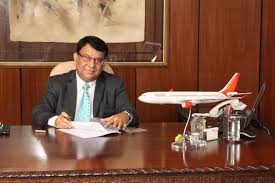
IAS OFFICER ROSHAN JACOB BREAKS DOWN
Recently the news of Commissioner Lucknow Division, Ms. Roshan Jacob breaking down, while meeting the families of people affected by a major accident, has made big news. The media has judged her tears as expression of her humanity and sensitivity. Roshan is undoubtedly one of the brightest IAS officers of the state and a role model for many junior officers. I had an opportunity of observing her work as CDO, whilst I was posted as Principal Secretary Rural Development. I had found Jacob to be a bold, imaginative and a result oriented officer. I am happy that today she is being treated as one of the best specimen of her breed of public servants.
This small piece is however not to eulogise Jacob or to praise her sensitivity, which anyways deserve accolades. I intend to highlight some other important issues, related to the subject. The sensitivity of Roshan is being compared to the coarseness of another lady officer in Bihar, which I think is neither fair, justified or just.
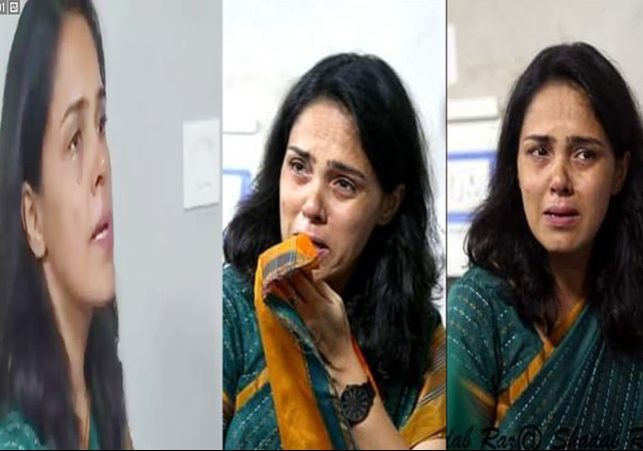
BIHAR INCIDENT: LOOK AT THE CORE ISSUE
I have only limited knowledge of what transpired in Bihar, but though I concede that that the lady could have been more sensitive in expression of her ideas, her ideas do not seem to have attracted the attention, that they richly deserve. She had decried the increasing dependence of public on government for issues which need community action. The dilapidated condition of primary or secondary schools is well known. The question that deserves to be addressed is, whether schools should be treated only as government properties, or whether civil society too has some responsibility, towards the maintenance and upkeep of such institutions.
This is not intended to be a defence of Ms. Harjot Kaur, whose ideas were unfortunately worded and could have been expressed with much greater finesse. I only wish to draw the attention of the thinking classes to the core issue raised by the officer of public ownership of schools, which has unfortunately been missed out and ignored.
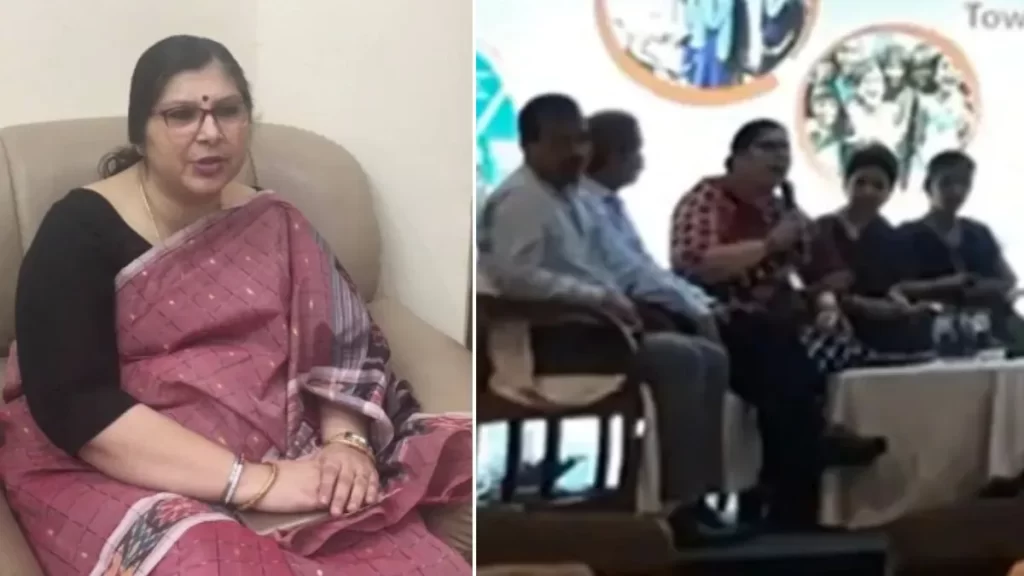
TEARS NOT A SIGN OF WEAKNESS
Another important issue that is connected with the incident is the bravery of Roshan to allow her tears to flow without shame or fear or being called weak. Sensitivity and empathy are the essential characteristics of a woman. It is very often believed that to be strong, officers lady officers should behave like men. It’s a belief that I have always questioned. A lady officer can be an excellent leader, while she retains her softness and qualities of being a woman – caring, empathetic and considerate. These are qualities which distinguishes a lady officer from her male counterparts. These are qualities that men are not expected to display, as they are treated as signs of weakness and ‘feminishness’.
I consider these traits to be essential and integral to a good leader male or female – who is given the responsibility of looking after the welfare of citizens. Roshan deserves to be complimented for being brave enough to cry publicly without inhibition or shame – a luxury that is not available to men.
WHEN I CRIED TOO
I remember that when I joined IAS in 1982 and was posted as an SDM in Robertsganj, then in Mirzapur district of UP, I visited one of the drought hit areas of Obra. I saw villagers dig small and shallow holes in drying ponds in hope of finding some water. I was shaken to my roots when I saw women and children collect small amounts of water from these holes, teeming with worms, frogs and insects. It was a spectacle which shook me to my core.
My Collector Mr. Arun Misra, an outstanding officer himself, known for his humane qualities, happened to be passing through Obra on his way back to Mirzapur, from Duddhi. On hearing of his arrival, I went to call on him. He asked me how I was feeling as a fresh officer in the field. I was in deep anguish at that time and I burst into tears narrating to him the ghastly experience of the sight that I had just witnessed. He let me sob till I calmed down. He then placed his hands soothingly in my shoulders and said in a peaceful voice: “Rohit, let these tears not be your weakness, but your strength to serve the people.”
I wiped my eyes feeling a bit ashamed of my expression of what is commonly treated as weakness. But Mr. Misra’s words had given me a message of hope and courage. From that moment, fighting the problem of drinking water in drought hit areas of UP became a mission that inspired me for the rest of my sojourn at Robertsganj and later at another water scarce area of Karwi, in Banda district.
JUST BEING HUMAN
Today, when I read about Roshan, the memory of Robertsganj incident vividly resurged in my mind. Are tears a sign of strength or weakness? Have we started treating expression of emotions with greater maturity and are ready to accept that officers too are human beings entitled to feel and behave as normal individuals? I am reminded of a popular movie dialogue of yesteryears – ‘Pushpa I hate tears’. Are tears at other’s suffering to be derided or treated with respect? Thanks Roshan, for providing respectability to being human and reigniting a question which begs an answer.
(A retired IAS officer of 1982-batch and Uttar Pradesh cadre, Rohit Nandan has been CMD of Air-India and Secretary of Tourism, Government of India. The content of this feature story has been taken from his post on social media site, Facebook.)

